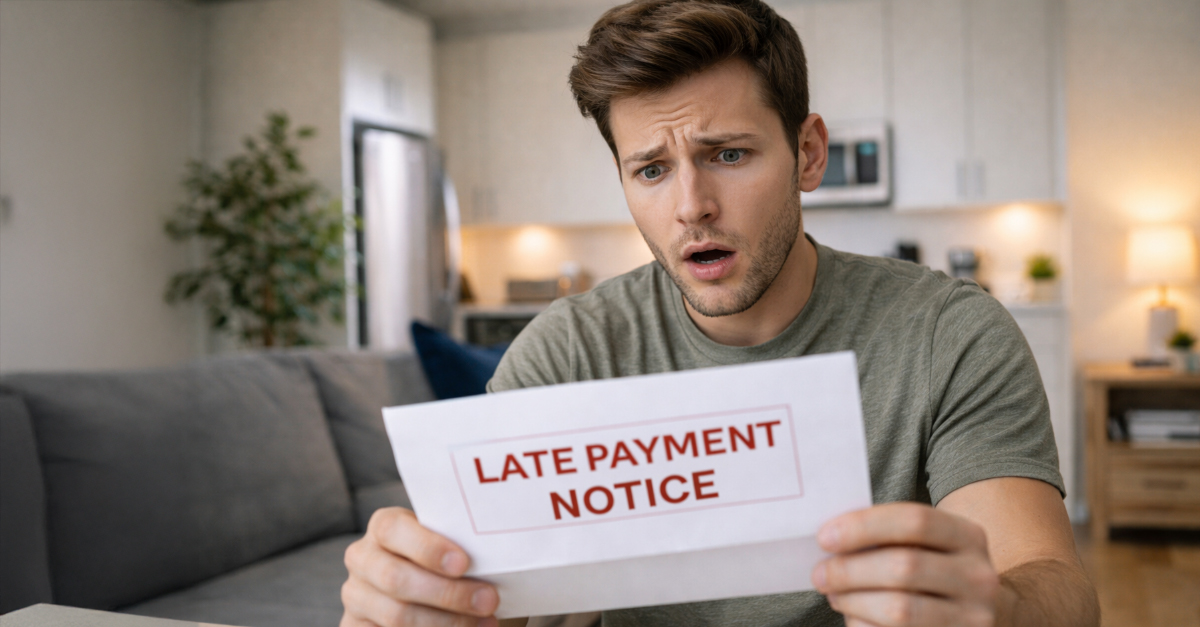Even the most careful budgeters can find themselves wondering where their money went at the end of the month. Often, it's not the big purchases that hurt—it's the small recurring expenses that quietly add up over time. From overlooked subscriptions to sneaky service fees, these hidden costs can drain your finances before you know it. We've nabbed 10 culprits that may be sabotaging your budget every single month.
Automatic Subscriptions You Forgot About
Streaming services, mobile apps, fitness apps, and subscription boxes often come with free trials that quietly turn into monthly charges. Many people forget to cancel services they no longer use. Even a handful of $10–$15 subscriptions can cost hundreds per year if they go unnoticed. Regularly review your bank and credit card statements for recurring charges and cancel anything you’re not actively using.
Bank Fees And ATM Charges
Banks charge for everything from overdrafts to using out-of-network ATMs. If you’re not monitoring these small charges, they can silently pile up. Some accounts even have monthly maintenance fees. Switching to a no-fee account or using your own bank’s ATMs can help reduce these unnecessary expenses.
Food Delivery Service Fees
Food delivery apps add convenience but often at a steep cost. Service fees, delivery fees, small order fees, and generous tipping can inflate your meal total by 30–50%. Ordering directly from restaurants or, better yet, picking up the food yourself can save you a boatload of cash each month without sacrificing your favorite dishes.
Unused Gym Or Club Memberships
Gyms and other fitness services often rely on members paying monthly fees without actually showing up. If you're paying $40 a month and haven’t been in months, that’s nearly $500 a year wasted. If your fitness goals have changed or you're working out at home now, consider pausing or canceling these memberships.
Energy Vampires In Your Home
Devices that are left plugged in even when not in use can still draw power. These "energy vampires" include TVs, chargers, game consoles, and coffee makers. It may not seem like much, but collectively they can raise your electric bill each month. Use smart power strips or unplug devices when not in use to reduce phantom energy drain.
Credit Card Interest Charges
Carrying a balance on your credit card means you're likely paying high interest every month. Even if the minimum payment feels manageable, the interest can quietly cost you hundreds of dollars annually. Paying off your balance in full or consolidating high-interest debt can free up money that's otherwise lost to interest.
App Store Microtransactions
Games and apps often include in-app purchases that feel insignificant at first. But $1.99 here and $4.99 there can add up quickly—especially if multiple people in the household are making purchases. Review app store spending monthly and consider disabling automatic purchase settings or setting strict limits.
Insurance You Don’t Need Or Overpay For
Many people auto-renew car, home, or renters insurance without comparing rates. You might be overpaying or carrying unnecessary coverage. Bundling policies or raising your deductible could lower your premium. It’s also worth reviewing your life and health insurance policies to make sure they still align with your needs.
Premium Cable Or Streaming Bundles
Cable and streaming bundles often include dozens of channels or services you never watch. If you’re paying for cable, Netflix, Hulu, Disney+, and HBO Max all at once, you might be shelling out more than $100 monthly. Choose two or three you use most often, and pause or cancel the rest to cut back without feeling deprived.
Convenience Store And Impulse Buys
Quick stops for snacks, sodas, or magazines may seem harmless, but they’re rarely budget-friendly. That $4 coffee or $6 bag of chips from a gas station can add up to hundreds over a month. Planning ahead—whether by meal prepping or carrying a refillable water bottle—can cut down on expensive, unplanned purchases.
Final Thoughts On Plugging The Leaks
Recognizing hidden expenses is the first step in reclaiming control over your finances. By auditing your monthly habits and recurring charges, you can plug the leaks that are silently draining your wallet. Small changes—like canceling unused services or switching to lower-cost alternatives—can make a big difference. Awareness and a little effort go a long way toward building a healthier financial future.
You May Also Like:
Wasteful Expenses That Are Keeping You Poor, According To Warren Buffett
40 Small and Easy Ways to Save Money











